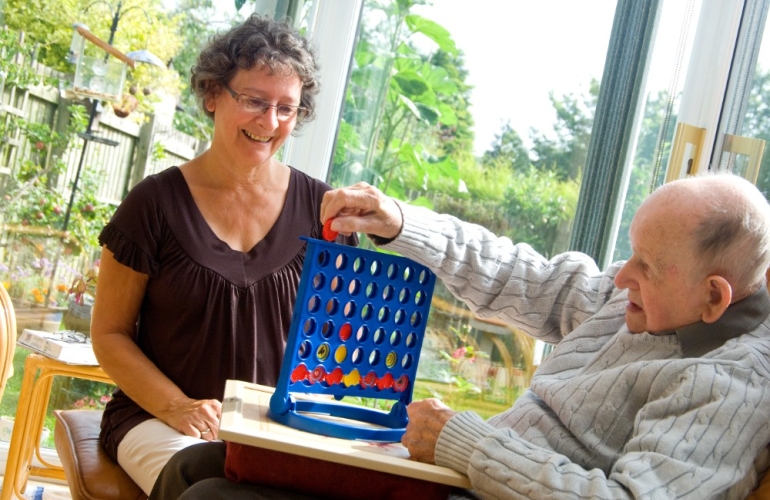Adult Carers Support

Everyone’s caring role is different and has unique circumstances. We can offer tailored support to ease the impact caring has
It can take up to 2 years for someone to recognise themselves as a carer, which can affect both physical and mental wellbeing and lead to carer breakdown.
If you provide support to a friend, partner, relative or neighbour who could not manage without you, then you are a carer and Trafford Carers Centre can help you.
Use our checklist to help you to identify if you are a carer.
Check if you're a Carer
Use our checklist to help you to identify if you are a carer.
Do you help a family member, child, friend or neighbour that:
- is frail
- has a disability or special needs
- has a chronic illness and/or
- has a mental health condition
- has dementia/Alzheimer’s
- has a substance misuse problem with drugs or alcohol
If so, do you do one or more of the following:
- Provide regular and ongoing help?
- Help with showering, toileting, dressing or other personal care?
- Help with cleaning, cooking, shopping, transport and/or assistance with bills or other paperwork?
- Help with medication or other health care?
- Provide support to someone who would have difficulty managing on their own?
- Receive Carers Allowance?
If any of these statements apply to you, Trafford Carers Centre is here to help you.
Adult Carers Referrals
If you think you’re an adult carer or know someone who is by looking at the checklist above, please click below to be referred and be entitled to free support.
Adult Carers Assessments and Reviews
All carers have the right to an assessment and review which looks at their needs and the impact that their caring role has on their wellbeing. It also gives carers the chance to talk about other things going on in their lives and look at what support they need to help them achieve the things they want to do day to day.
Adult Carers Dedicated Support
Disabled, LGBTQ+ and BAME carers face the same challenges that all caring roles come with, however, they may face even more barriers, like discrimination, stereotyping, cultural barriers which will make their caring role difficult. We can provide these individuals with the extra and tailored support they require.

